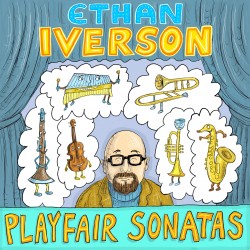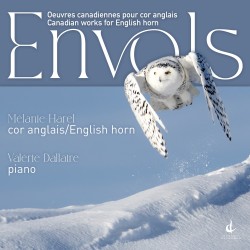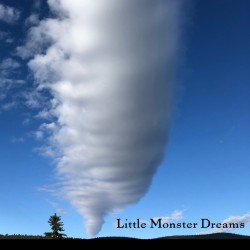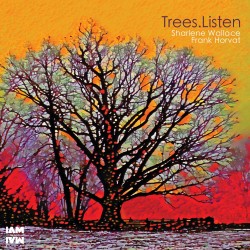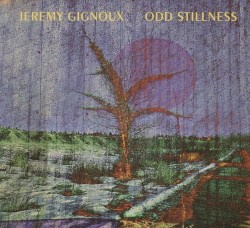Ink Traces - Julia Glenn; Konstantinos Valianatos
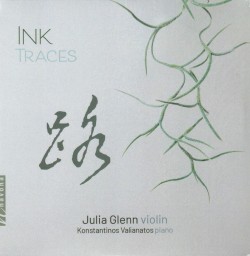 Ink Traces
Ink Traces
Julia Glenn; Konstantinos Valianatos
Navona Records NV6670 (navonarecords.com/catalog/nv6670)
American violinist Julia Glenn has lived, taught and performed in China, immersing herself in China’s language, music, dance and poetry. Together with Athens-born pianist Konstantinos Valianatos who, like Glenn, has taught at Tianjin Juilliard School, she plays works by composers who embrace both Chinese and Western classical idioms.
Chen Yi’s Romance and Dance (1995-1999) begins with the very Chinese-sounding Romance, the violin’s bent notes wailing plaintively over sporadic pianistic water-droplets. Dance is a wild ride, with frenzied violin flourishes and rapid piano ostinatos. Chen’s Memory for solo violin (2010) movingly mixes Chinese and Western elements, progressing emotionally from apprehensiveness to determination.
The fragmented melodies and rhythmic inertia of the other solo violin pieces – Yao Chen’s Air (2015) and Pan Kai’s Ink Traces of Sigh (2017/2022) sound thoroughly European, as does Gao Weijie’s The Road (1996), though with longer violin melodies and some momentum from the piano.
Much more enjoyable are Sang Tong’s Night Scenery (1947), the violin ruminating above the piano’s irregular walking bass, the lovely melodies of Nostalgia from Ma Sicong’s Inner Mongolia Suite (1937) and, most of all, Chen Gang’s delightful, unmistakably Chinese Drum and Song (1974-1976) in which rollicking jollity frames blissful dreaminess.
Whining Chinese glissandi and martial Western propulsion clash violently in the CD’s longest work, Chen Yihan’s 11-minute EHOHE for baroque violin and electronics (2022), commissioned by Glenn. Happily, the disparate cultures eventually reconcile and the disc ends in peaceful serenity.


